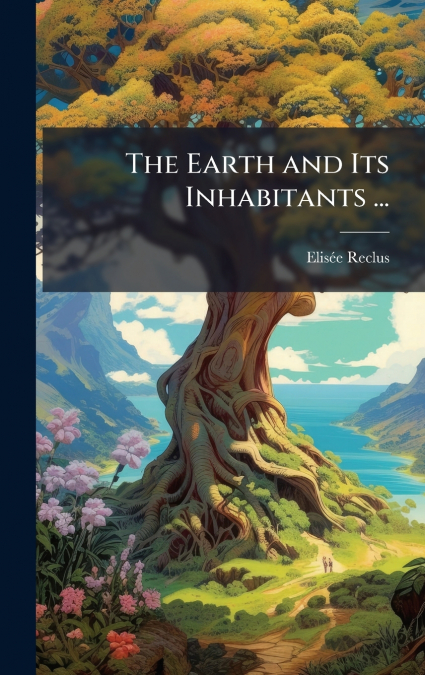
Elisée Reclus
'The Earth and Its Inhabitants: Oceanica' by Élisée Reclus offers a comprehensive exploration of the geography, people, and natural history of Oceania. Originally published in 1892, this volume provides a detailed survey of the islands and territories of the Pacific, including Australia, New Zealand, and numerous smaller island groups. Reclus’s work is renowned for its meticulous research, engaging prose, and commitment to understanding the intricate relationships between human societies and their environments.This historical geography provides valuable insights into the region’s diverse cultures, economies, and landscapes as they were perceived at the end of the 19th century. Readers will discover detailed descriptions of the physical features, flora, and fauna of Oceania, as well as accounts of the indigenous populations and their interactions with European colonizers. 'The Earth and Its Inhabitants' stands as a significant contribution to the field of geography and remains a fascinating resource for anyone interested in the history and natural wonders of Oceania.This work has been selected by scholars as being culturally important, and is part of the knowledge base of civilization as we know it. This work was reproduced from the original artifact, and remains as true to the original work as possible. Therefore, you will see the original copyright references, library stamps (as most of these works have been housed in our most important libraries around the world), and other notations in the work.This work is in the public domain in the United States of America, and possibly other nations. Within the United States, you may freely copy and distribute this work, as no entity (individual or corporate) has a copyright on the body of the work.As a reproduction of a historical artifact, this work may contain missing or blurred pages, poor pictures, errant marks, etc. Scholars believe, and we concur, that this work is important enough to be preserved, reproduced, and made generally available to the public. We appreciate your support of the preservation process, and thank you for being an important part of keeping this knowledge alive and relevant.